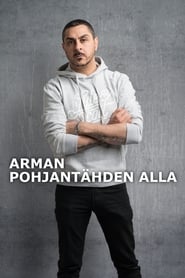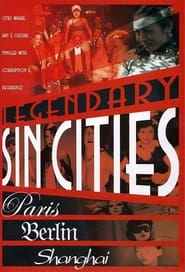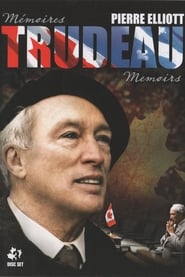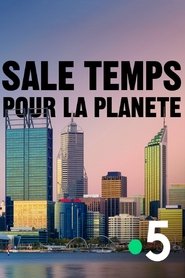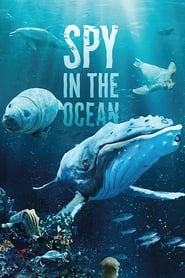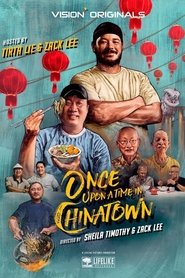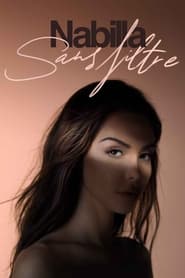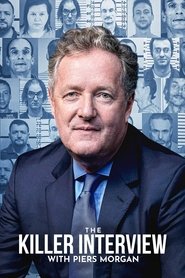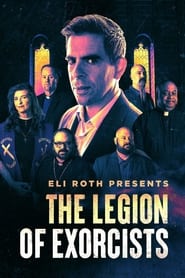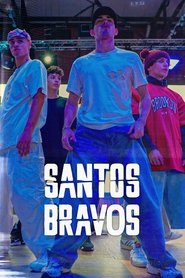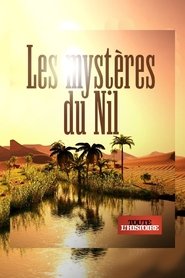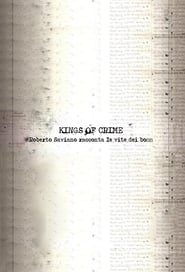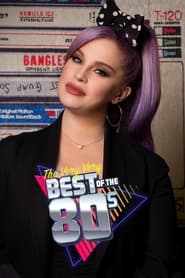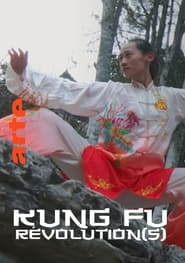Documentary TV Series - Page 372
-
Arman Pohjantähden alla
2016
star 6.7Arman Pohjantähden alla is a Finnish document series about Finland and Finnishness. -
Legendary Sin Cities
2005
Legendary Sin Cities
2005
star 4.2Of all the remarkable events of this century perhaps the most fascinating has been the spontaneous growth, flowering and then decay of a handful of great cities. These cities were places where art, culture and political liberties co-mingled with corruption, brutality and decadence. Everything and just about anyone could be bought and sold. The immigrant would struggle beside the artist. Gamblers, thieves and prostitutes co-habited with soul-savers, the rich and the powerful. The exhilarating combination of the seamy with the sublime made these places a magnet for all the lost souls and refugees of the world. Pushing the limits of tolerance and freedom, they defined the social, political and sexual culture of the 20th century. Their names ring out: Paris of the '20s, Berlin of the '20s and '30s and Shanghai of the '30s. -
Ein Wochenende mit
2010
Ein Wochenende mit
2010
-
Close Up
2011
-
Pierre Elliott Trudeau: Memoirs
0000
star 6.5Pierre Elliott Trudeau was one of the most striking, well-spoken and controversial leaders in Canadian history. He brought with him an almost rock-star aura of popularity to office in the 1960s, marking what was known as "Trudeaumania" in Canada during one of the country's most exciting and important times. Yet Trudeau's eccentricities were regularly mistaken for arrogance and he was often considered a traitor, particularly by those who wanted to see Quebec separated from the rest of Canada. With the province rocked by terrorist bombings and the nation disturbed by civil unrest, Trudeau was determined to "put the country in its place." Through hours of archival footage and interviews with Trudeau himself, Memoirs details the story of a man who used intelligence and charisma to bring together a country that was very nearly torn apart. -
Cancel Me
0000
Cancel Me
0000
John Cleese set forth into the minefield of cancel culture to explore why a new 'woke' generation is trying to rewrite the rules on what can and can't be said. -
Spy in the Ocean, A Nature Miniseries
2023
star 7.8Go deep beneath the waves – on a spy mission to the depths of the ocean. Amazing hidden cameras give incredible perspectives on the ingenious creatures that call it home. -
Once Upon a Time in Chinatown
2021
This is a story about 7 restaurants in the city area. Not only stories about food and cooking but also about the struggles of life, culture, love & family. -
Nabilla : Sans filtre
2021
star 2.2I mean, like, hello! Nabilla was only 20, it took 22 seconds, and it made her famous. Today, a fashion icon, mother, and number one French influencer with over 6.6 million followers, she has charted a course which led her, step by step, to success and fame. Nabilla opens up like never before, complete with her doubts, flaws, and strengths, entirely unfiltered. -
The Killer Interview
2023
The Killer Interview
2023
Through explosive interviews with convicted murderers, a crime series re-examines some of the most gruesome cases, unveiling new insights and revelations, as killers maintain their innocence and the truth is sought. -
Eli Roth Presents: The Legion of Exorcists
2023
star 5.7Evil is on the rise. Standing on the frontlines of this spiritual war is the Legion of Exorcists, who use their faith to keep the devil's minions at bay. These are the true stories of their battle to save humanity's soul, one exorcism at a time. -
Gesund & lecker
2013
Gesund & lecker
2013
-
Santos Bravos
2025
Santos Bravos
2025
Santos Bravos is a Latin American reality series produced by HYBE Latin America to form a new boy band. The program features 16 later 17 contestants from across Latin America, the United States, and Spain, and follows their training and performances in pursuit of a debut lineup. Santos Bravos combines Hybe's structured artist training system with Latin America's cultural and artistic influences. The series follows contestants' growth within the company's global production model. -
Gartln mit Starkl
2019
Gartln mit Starkl
2019
-
Dear Japan
2022
Dear Japan
2022
Amid the issues that regional communities face, local people are rethinking about traditional values and exploring new ways to live together beyond generations. This is a travel documentary visiting affectionate lives of this country. -
Les mystères du Nil
2020
Les mystères du Nil
2020
-
Kings of Crime
2017
Kings of Crime
2017
-
The Very Very Best of the 80s
2022
Kelly Osborne and a group of experts examine the best 80s movies, music and more!
